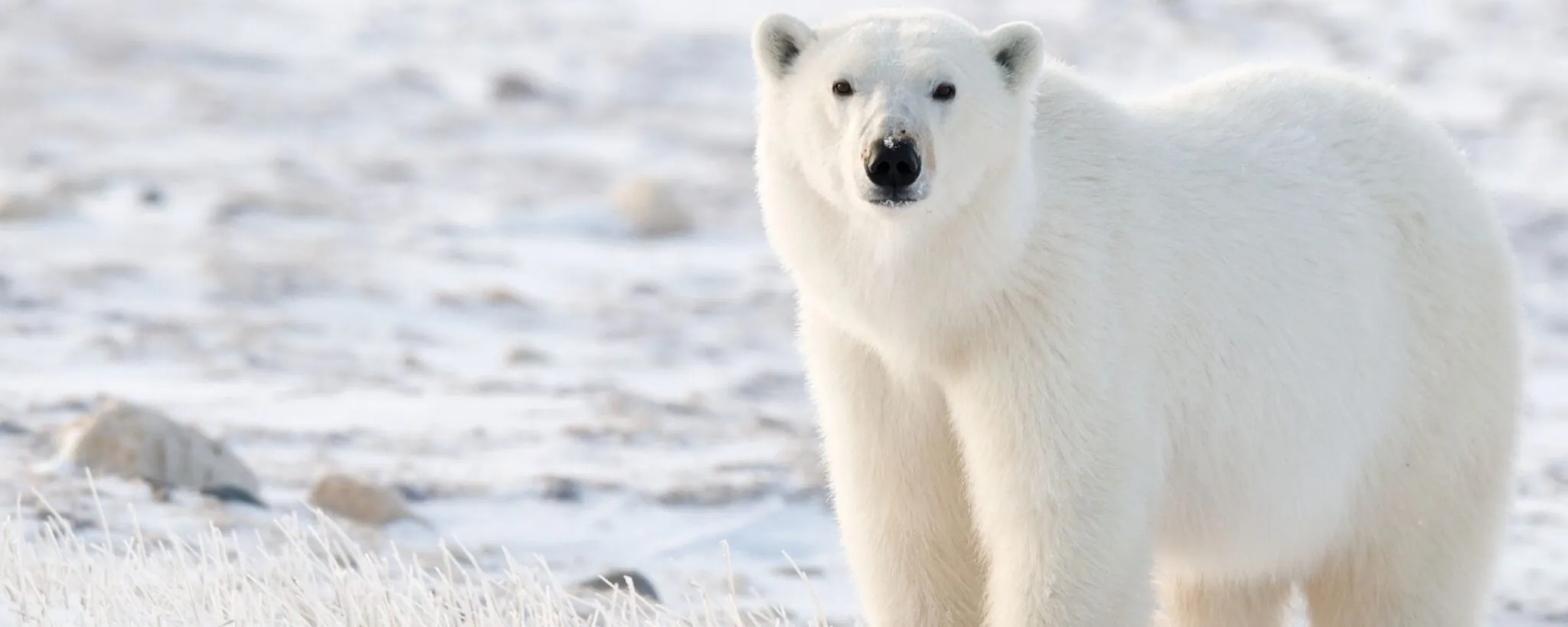
20 Years of the Indianapolis Prize
The Indianapolis Prize was created in 2006 with the objective of approaching animal conservation in a new way. The Prize was designed to combine a monetary award large enough to have a serious impact on a single conservationist with a series of events that would inspire and educate the public about the world’s conservation heroes. Now, nearing its twentieth year, the Prize has awarded more than $7 million and reached more than 2 billion people globally.
From seahorses to lemurs to African elephants and everything in between, the nine Winners of the Indianapolis Prize have worked in every climate and on every continent. Today, they continue to be at the forefront of important conservation victories.
Chief Scientist Emeritus of Polar Bears International and 2012 Winner Dr. Steven Amstrup’s most recent published paper in the fall of 2023 shows the impact greenhouse gas emissions has on sea ice loss and polar bear survival. This groundbreaking paper is the first step in removing the roadblocks that has prevented further action since the polar bear was named a threatened species under the Endangered Species Act in 2008. The 2023 Winner Dr. Pablo Borboroglu continues to be a voice for penguin species around the world. Borboroglu and his team utilize the latest technology advancements allowing them to monitor ecosystems on a large scale and enhance their ability to predict ecological trends.
On the other side of the world, Dr. Iain Douglas-Hamilton, 2010 Winner, assists in researching the opportunities of artificial intelligence (AI) and machine learning to enhance the understanding of animal behavior and conservation strategies. Douglas-Hamilton’s organization, Save the Elephants, uses the power of drones and AI to monitor elephants and extract vital information that might be otherwise overlooked.
Peruvian primatologist Fanny Cornejo was named the first recipient of the Emerging Conservationist award at the 2023 Indianapolis Prize Gala for her incredible work with the illusive yellow-tailed woolly monkey and Andean bears. As a result of her win, Cornejo was named one of “The 50 Most Powerful Women in Peru” by Forbes Peru. She continues her work as executive director of Yunkawasi and is currently planning celebrations for the 50th anniversary of the yellow-tailed woolly monkey discovery with 2018 Prize Winner Dr. Russ Mittermeier, who first spotted the primate in the Peruvian forest in 1974.

